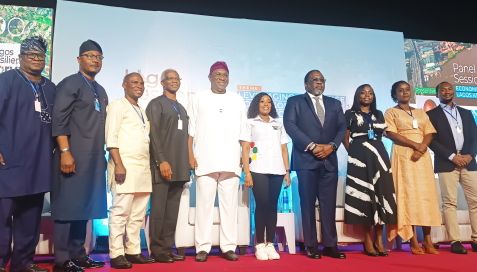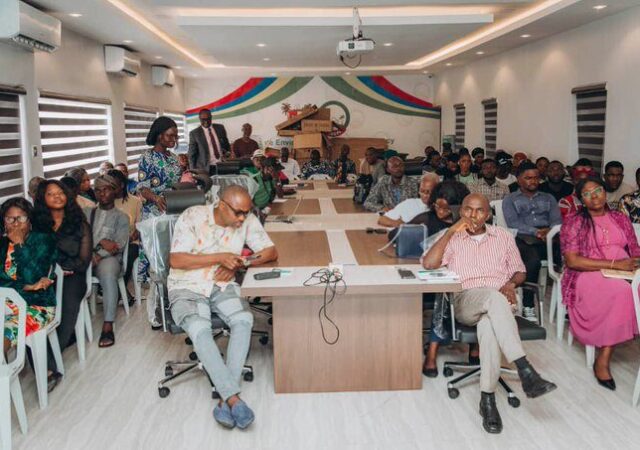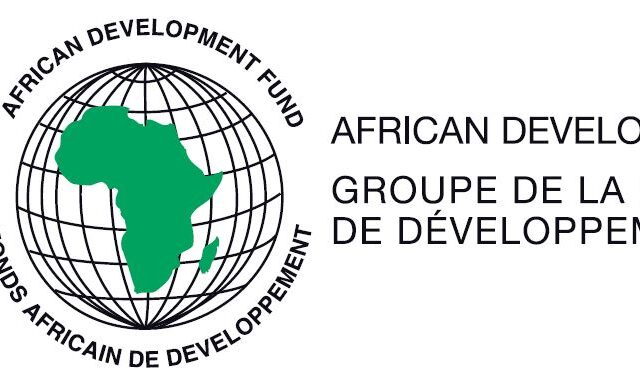- Lagos Resilience Strategy is a roadmap to better communities
At the Lagos Resilience Forum held earlier today, Tuesday July 2024, stakeholders emphasized the importance of inclusivity and proactive measures for climate preparedness. They highlighted the need for involving all sectors of society in resilience-building efforts to effectively mitigate and adapt to climate change impacts.
Climate preparedness refers to the actions taken to anticipate, manage, and adapt to the impacts of climate change. It involves a range of strategies and measures aimed at reducing vulnerability and enhancing resilience to climate-related risks and disasters. This includes planning and implementing policies, practices, and infrastructure improvements that can withstand and recover from extreme weather events, rising sea levels, changing precipitation patterns, and other climate impacts. Climate preparedness often involves collaboration among governments, communities, businesses, and other stakeholders to ensure a coordinated and effective response to climate challenges.
The call to action by participants at the forum was stimulated by the emotive presentations by speakers and panelists as well as the opening remarks by Dr Folayinka Dania, Chief Resilience Officer (CRO) of the Lagos Resilience Office who disclosed that the state had developed a comprehensive Climate Adaptation and Resilience Plan.
According to her, the plan, which is a proactive and bold step taken by the state government, aims at protecting coastal communities, improve waste management, and enhance water supply, among other initiatives. 33 projects have been outlined from this plan, with projected execution cost within the region of $9 billion.
The Chief Resilience Officer highlighted the urgent need for climate resilience in the face of rising sea levels, extreme heat, and extreme rainfall. She said the cost of inaction could be as high as $33-39 billion by 2050, almost 12 times the State’s annual budget.
Dr. Folayinka Dania highlighted the crucial role of community engagement in enhancing climate resilience. She emphasized that individuals can significantly impact waste management and reduction of greenhouse gas emissions. To foster citizen involvement, the state government has launched educational campaigns and initiatives, targeting school children to promote climate action.
Dr. Dania underscored the collaborative development of the Lagos State Resilience Strategy, which involved input from communities, businesses, and civil society organizations. Released in February 2020, this strategy identifies the state’s vulnerabilities and proposes solutions to mitigate risks.
“As we deliberate, the Lagos State Government is currently in the process of updating this strategy to address emerging challenges and opportunities, ensuring Lagos remains resilient in the face of climate change” she says.
Dr. Dania concluded by highlighting that the forum serves as a platform for stakeholders to exchange ideas and contribute to the formulation of effective climate resilience policies and initiatives.
The Lagos State Commissioner for Economic Planning and Budget, Mr Olu George expressed pride in Lagos’s robust approach, citing the significant contributions of the Chief Resilience Officer in advancing resilience efforts. The Commissioner emphasized the necessity of resilience and adaptability in uncertain times.
“Having a resilience plan and resilience office is very key to our survival.
“The word resilience alone speaks to the fact that you should be adaptable and be able to change.” said George.
George highlighted the positive impact of forums like the Lagos Resilience Forum, emphasizing their role in idea exchange, stakeholder engagement, and continuous learning. He stressed the importance of self-improvement and development, stating, “Regular self-assessment and growth are crucial.”
He reiterated that all state efforts towards resilience aim to enhance the lives of Lagosians, affirming, “Every initiative undertaken by the state is for the benefit of the people of Lagos State.”
Dr. Salami commended the Lagos State government for establishing an Office of Resilience, applauding their proactive approach to addressing challenges. He defined resilience in terms of avoidance and adaptation, stressing preventive measures and strategies to mitigate shocks and stresses.
He commended Dr. Dania for providing valuable insights and data supporting effective governance and community empowerment.
Kate Hughes, CEO of Resilient Water Accelerator, emphasized resilience’s critical role in developing sustainable cities, particularly in water management. She noted Lagos’s unique challenges and opportunities for innovative solutions, underscoring the economic benefits of resilient practices.
Hughes highlighted the alignment of the Resilience Forum with global sustainable city development goals and urged private sector investment in water resilience, drawing parallels with successful sectors like telecom.
Notable experts participated as panelists, presenting different perspectives as part of the two panel sessions held.
Session one which was on “Economic Resilience and Lagos as a Global City”, had notable speakers such as Dr. Ayo Teriba, Mr. Onimole Mobolaji, Mr. Muhammed Okore, Mrs. Feyisayo Alayande, and Dr. Adun Okope discuss global economic shocks and strategies for resilience, emphasizing historical and modern examples.
Session two panel on Socio-Environmental Resilience and Lagos as a Sustainable City”, was moderated by Dr Ayo Tella and had Mr Michael Bankole from Lagos State Ministry of Environment, Mr Sulaimon Arigbabu from Heda Resource Center, Mrs Bimbo Oshobe from Informal Slum Settlement and Mr Kayode Ashamu for PwC.
The panel addressed Lagos’s challenges due to rapid urbanization, climate vulnerability, and infrastructure gaps. They outlined strategies for resilience, including adaptive infrastructure, nature-based solutions, and community resilience.
The forum which ended with breakout sessions. aimed to explore resilience’s role in driving developmental change in Lagos State, aligning with long-term plans and commitments to establish dedicated offices for implementation. Speakers set the stage for discussions on leveraging resilience for a prosperous future, integrating insights from various sectors to build a resilient Lagos.








certainly like your website but you need to take a look at the spelling on quite a few of your posts Many of them are rife with spelling problems and I find it very troublesome to inform the reality nevertheless I will definitely come back again
Hello my loved one I want to say that this post is amazing great written and include almost all significant infos I would like to look extra posts like this
Ive read several just right stuff here Certainly price bookmarking for revisiting I wonder how a lot effort you place to create this kind of great informative website